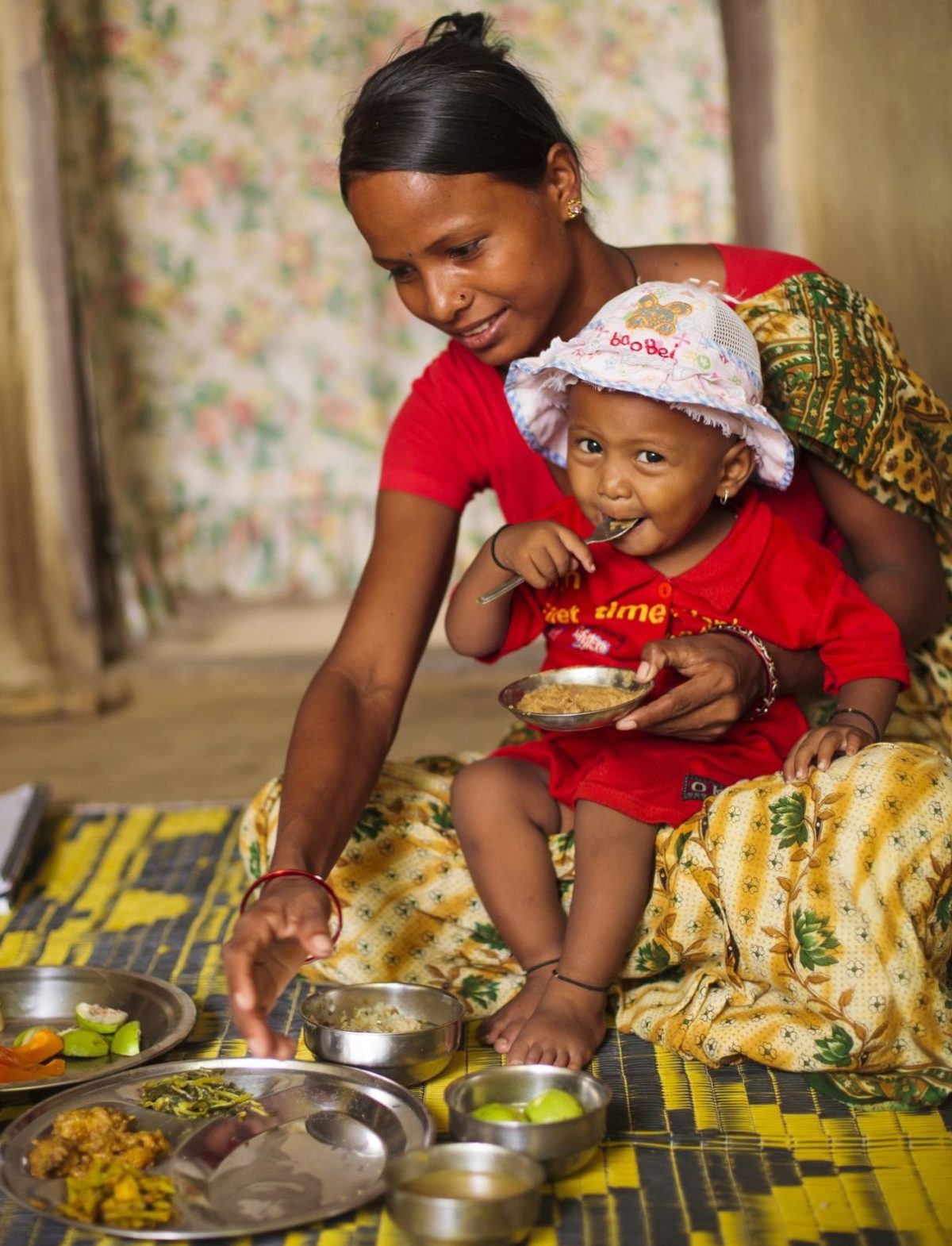Statement on Senate Appropriations Committee’s Passage of State and Foreign Operations Bill
1,000 Days applauds Senate appropriators for their strong, bipartisan support of maternal and child nutrition programs in the Fiscal Year 2018 State and Foreign Operations Appropriations bill. As in the House, the Senate legislation maintains the current funding level of $125 million for nutrition in the Global Health Programs account. Funding from this account supports vital services to improve maternal diets; enhance nutrition during pregnancy; promote breastfeeding; and improve infant and young child feeding practices. These and other activities are foundational to the achievement of broader development goals. The bill, which passed unanimously, also includes report language referencing the need for critical nutrition programs that address malnutrition and micronutrient deficiencies.
1,000 Days appreciates the bipartisan leadership exhibited by the committee in rejecting the Administration’s proposed deep cuts to global health and development programs more broadly. The funding levels contained in the bill signify Congress’ recognition of the critical importance of continued U.S. leadership in support of these vital programs. During the markup, Senator Lindsey Graham (R-SC), Chairman of the State, Foreign Operations, and Related Programs Subcommittee stated, “Now is not the time for retreat; now is the time to double down on diplomacy and development. The bill provides vital security, economic, development, health and humanitarian assistance that makes all Americans safer at home.” Similarly, Senator Patrick Leahy (D-VT), Ranking Member of the Subcommittee said, “This bill repudiates the President’s reckless budget request, and I commend Chairman Graham for reaffirming the primacy of the Congress in appropriating funds.”
It is imperative that the full range of nutrition investments are protected and brought to scale so that we can see the tremendous returns possible when contributions from all sources – including the United States – are increased for high-impact interventions: 3.7 million child lives saved, 65 million fewer stunted children, and 265 million fewer women suffering from anemia. Importantly, improved nutritional outcomes require a multi-sectoral response and robust funding across global health, development and humanitarian accounts, as well as sufficient resources to maintain strong technical capacity at USAID and other agencies.
The right nutrition in the 1,000 day window between pregnancy and a child’s second birthday is an investment in ensuring children can reach their full potential and countries can reach their broader economic development goals. We are grateful to the committee for their leadership and to all Members who have championed greater progress against malnutrition. 1,000 Days looks forward to working with them to ensure sustained and greater gains moving forward.

